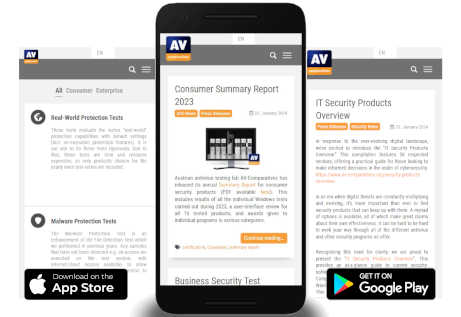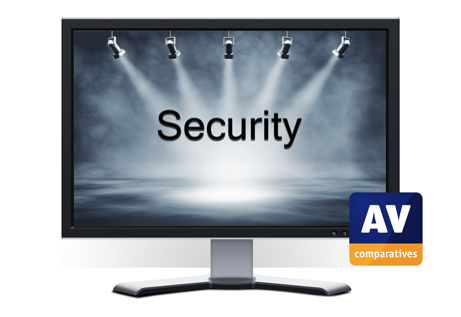Spotlight on security: Why independent testing of anti-virus software is important
If you’ve ever considered doing your own tests of antivirus programs, you might be surprised to find that it’s much, much more difficult than you think. Here’s why:
There are literally millions of cyberthreats out there, so testing only against a few will not have any statistical validity. You need a threat-set that represents all the different types of threats (viruses, worms, ransomware, 0-days, exploits, trojans, backdoors, botnets and so on), AND you need to be sure that these are genuinely malicious and life on the internet.
Even if you had thousands of relevant cyberthreats, how would you test them? Well, you could scan them with an AV program installed on your own computer, or use an online scanning service. However, neither method lets you test against a large number of threats with multiple AV programs simultaneously.
There’s another, very important disadvantage to both. The on-demand scanning feature of a modern antivirus program is just one of many ways it can protect your computer. If in real life you try to browse to a cyberthreat, your security program checks the URL to see if it’s on a blacklist; uses file reputation services; unpacks the file to see through any obfuscation techniques; employs heuristics and machine learning to detect new malware programs; and monitor its behaviour in real time when you execute it, to see if it does anything suspicious.
If you look at AV-Comparatives Real-World Protection Test, you can see a perfect example, utilizing all the techniques an anti-virus software offers.
Professional labs have the resources to use large amounts of relevant malware, and test all the security features of multiple antivirus programs simultaneously, with equal conditions for all the tested products. They can also investigate usability of the tested products, that is whether they create a lot of false alarms or slow your computer down in daily use.
Some of the test labs even undergo strict audits by ISO to proof, that they are independent, and work together with Universities for scientific research to keep the test methodologies state of the art.
Now, are you sure you want to rely on the results of DIY testing to protect your computer?
If you want to see some of the latest consumer anti-virus software test, have a look here.









